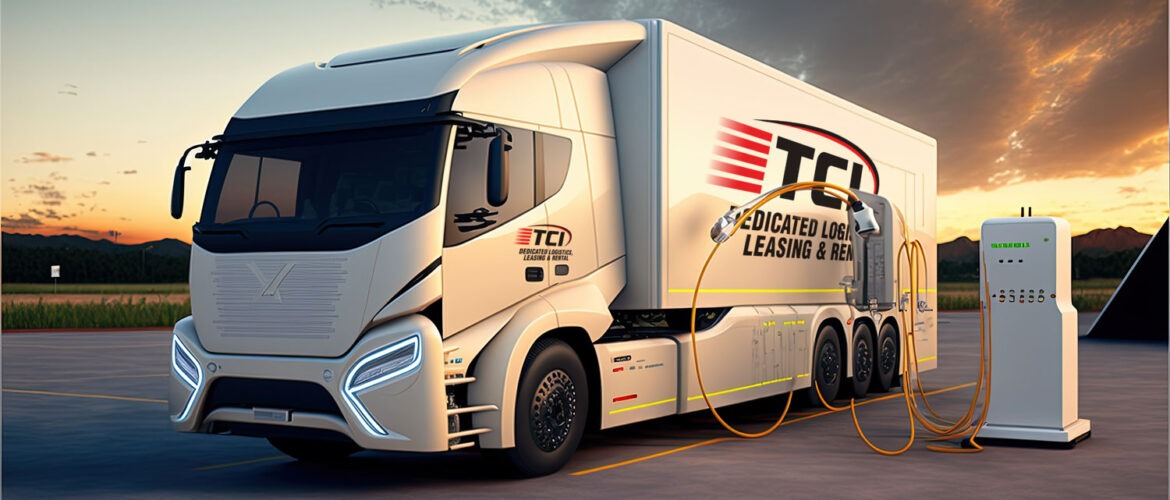The Future of Electric Trucks for Fleet Managers

The commercial trucking industry is experiencing a significant transformation with the emergence of electric vehicles. Fleet managers must understand the implications, benefits, and challenges of transitioning to electric trucks to make informed decisions about their future operations.
Current State of Electric Trucks
Electric truck technology has advanced rapidly in recent years. Major manufacturers now offer electric models for various applications, from last-mile delivery to long-haul transportation. Battery technology improvements have increased range and reduced charging times significantly.
Benefits of Electric Trucks
Environmental Impact
Electric trucks produce zero direct emissions, contributing to cleaner air quality in urban areas. They help companies meet sustainability goals and comply with increasingly strict environmental regulations.
Operating Cost Savings
Electricity is generally cheaper than diesel fuel, resulting in lower operating costs per mile. Electric motors require less maintenance than diesel engines, with fewer moving parts and no need for oil changes, filter replacements, or exhaust system maintenance.
Performance Advantages
Electric motors provide instant torque, improving acceleration and hill-climbing performance. They operate quietly, reducing noise pollution and enabling deliveries during restricted hours in urban areas.
Government Incentives
Many jurisdictions offer substantial incentives for electric vehicle adoption, including tax credits, grants, and reduced registration fees. Some areas provide access to HOV lanes and reduced toll rates.
Challenges and Considerations
Initial Investment
Electric trucks typically have higher upfront costs than diesel equivalents. However, total cost of ownership calculations often favor electric vehicles over their operational lifetime.
Range and Charging Infrastructure
Range limitations remain a concern for long-haul applications. Charging infrastructure is still developing, particularly for heavy-duty vehicles. Fleet managers must carefully plan routes and charging strategies.
Payload Considerations
Battery weight can reduce payload capacity compared to diesel trucks. This factor is particularly important for weight-sensitive applications.
Grid Capacity and Energy Management
Large fleets may require significant electrical infrastructure upgrades. Energy management becomes crucial to avoid peak demand charges and ensure reliable operations.
Implementation Strategies
Pilot Programs
Start with pilot programs using electric trucks for specific routes or applications. This approach allows for real-world testing and data collection before full-scale deployment.
Route Analysis
Analyze current routes to identify applications best suited for electric trucks. Consider factors like daily mileage, charging opportunities, and payload requirements.
Infrastructure Planning
Develop a comprehensive charging infrastructure plan. Consider depot charging, opportunity charging, and public charging networks. Factor in electrical capacity, installation costs, and future expansion needs.
Driver Training
Provide comprehensive training for drivers on electric vehicle operation, charging procedures, and energy-efficient driving techniques.
Financial Considerations
Total Cost of Ownership
Conduct thorough TCO analysis including purchase price, financing costs, fuel/energy costs, maintenance expenses, insurance, and residual value.
Financing Options
Explore various financing options including leasing, loans, and government incentive programs. Some manufacturers offer battery leasing programs to reduce upfront costs.
Energy Procurement
Consider renewable energy procurement strategies to maximize environmental benefits and potentially reduce energy costs.
Future Outlook
The electric truck market is expected to grow rapidly over the next decade. Battery technology will continue improving, increasing range and reducing costs. Charging infrastructure will expand significantly, making electric trucks viable for more applications.
Recommendations for Fleet Managers
- Stay informed about technology developments and regulatory changes
- Conduct pilot programs to gain real-world experience
- Develop relationships with electric truck manufacturers and charging infrastructure providers
- Create transition timelines aligned with vehicle replacement cycles
- Invest in employee training and change management
The transition to electric trucks represents both an opportunity and a challenge for fleet managers. Those who plan carefully and act strategically will be best positioned to benefit from this technological transformation while maintaining operational efficiency and competitiveness.